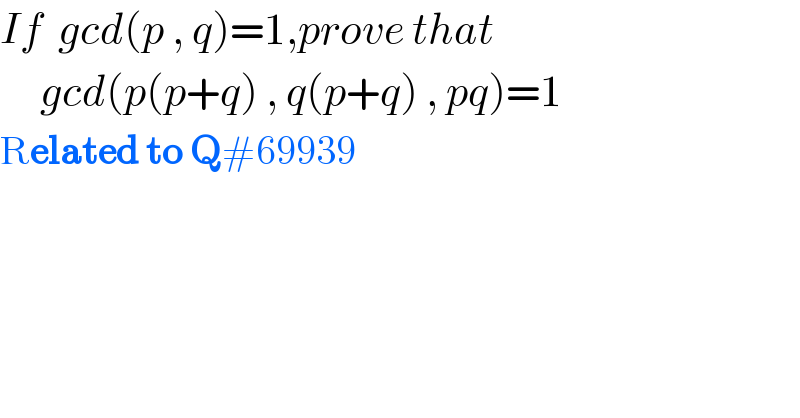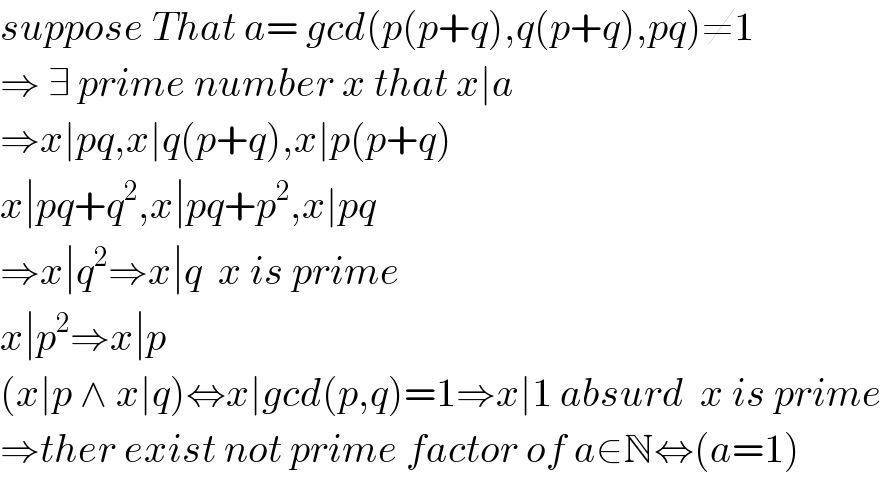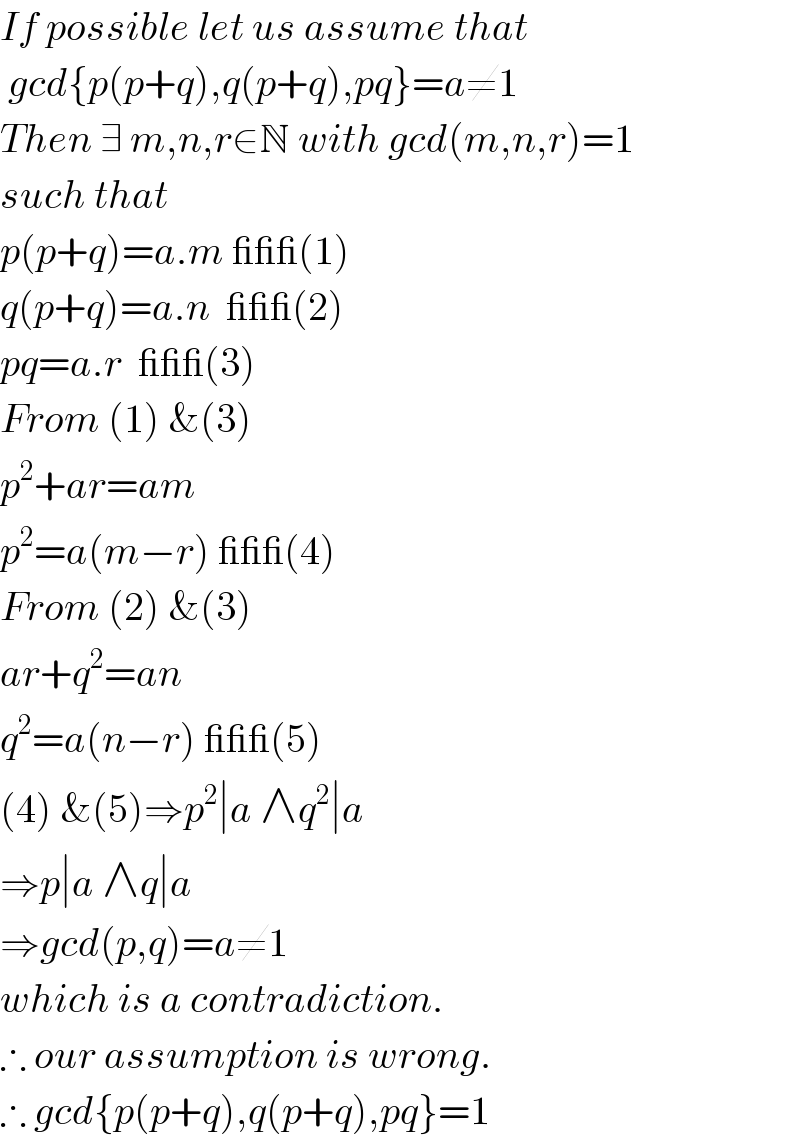Question Number 70370 by Rasheed.Sindhi last updated on 04/Oct/19

Commented by mind is power last updated on 03/Oct/19

Commented by MJS last updated on 03/Oct/19

Commented by mind is power last updated on 03/Oct/19

Commented by Rasheed.Sindhi last updated on 04/Oct/19

Answered by $@ty@m123 last updated on 04/Oct/19

Commented by Rasheed.Sindhi last updated on 04/Oct/19

